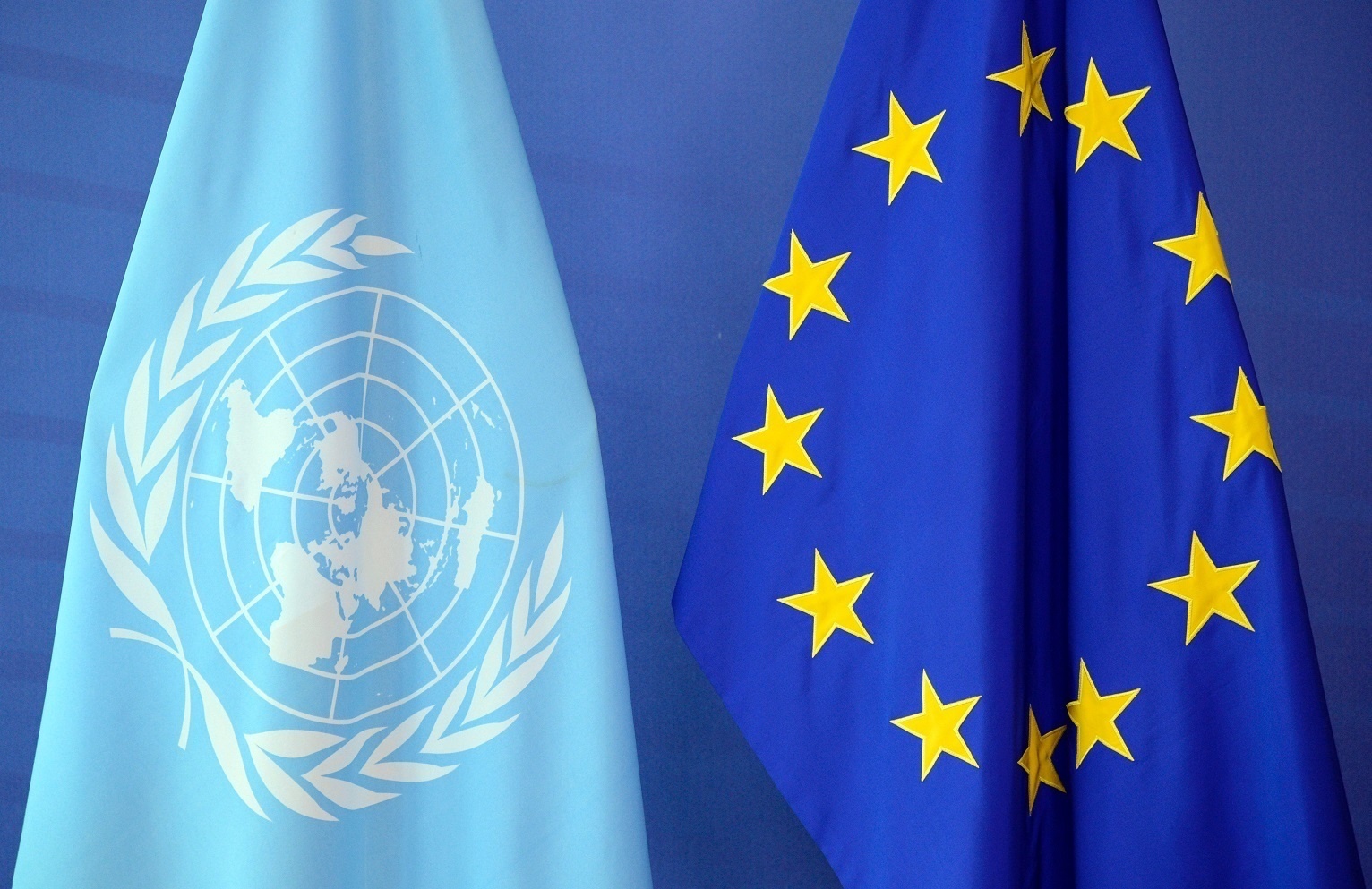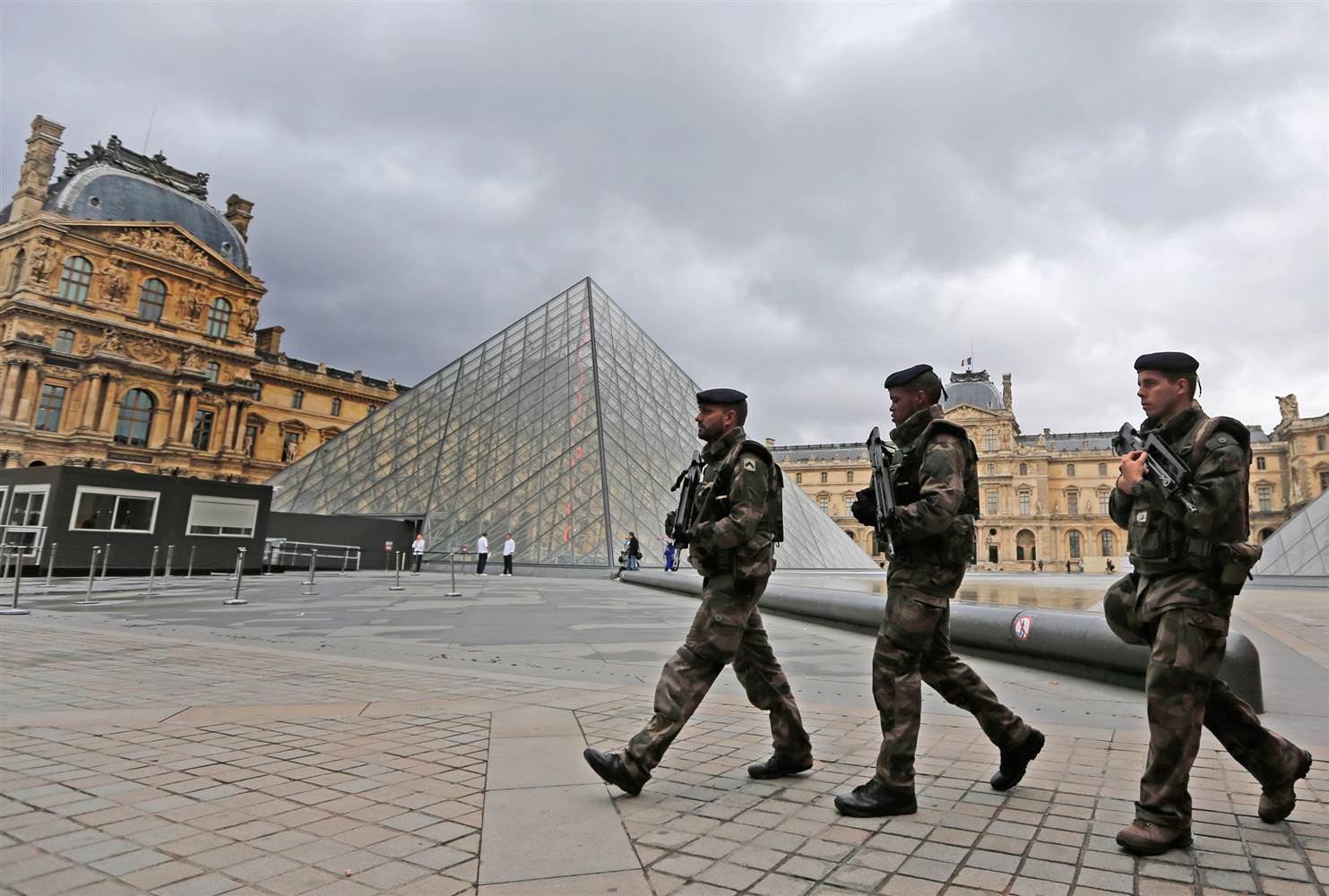
Multilateral diplomacy, defined as the practice of collegial engagement of countries to develop and implement diplomatic solutions to supranational problems, is at a turning point in its history. The structure of the international society increasingly tests its relevance, and the risk that we could enter in an era where unilateral politics will prevail needs to be taken seriously. With the coming 76th United Nations General Assembly next September, the EU has the opportunity to stand for the reinforcement of institutionalized cooperation among nations to cope with global challenges.
The EU has a major role in the United Nations system: it is the largest financial donor to the UN (one quarter of all financing contribution) and the largest development donor in the world (€75.2 billion in 2019)[1]. This strong partnership between the EU and the UN found its origin in the implementation of the European Security Strategy (ESS)[2], which established a doctrine engaging EU foreign policy in the promotion of multilateralism. This partnership was also built as a means by which the EU can expand its international influence[3].
POLICY BRIEF | EU and United Nations: How to Revitalize Multilateralism in the 76th UN General Assembly?
For the entire paper
https://t.co/Yk7FwjwSP6 pic.twitter.com/5eJHlegplc
— Vocal Europe (@thevocaleurope) August 1, 2021
Click Here to Read the Entire Paper
__________________________________________________________
[1] European External Action Service (June 2021) “EU-UN : Global Partners” https://eeas.europa.eu/sites/default/files/eu_un_partnership_2021-05.pdf
[2] Ortega M. (2005) “The European Union and the United Nations. Partners in effective multilateralism”, Chaillot Paper, No. 78, Paris, EU Institute for Security Studies, p. 9
[3] Quille, G. (2004) “The European Security Strategy: A Framework for EU Security Interests?”, International Peacekeeping, Vol 11, n°3, pp. 1-16



